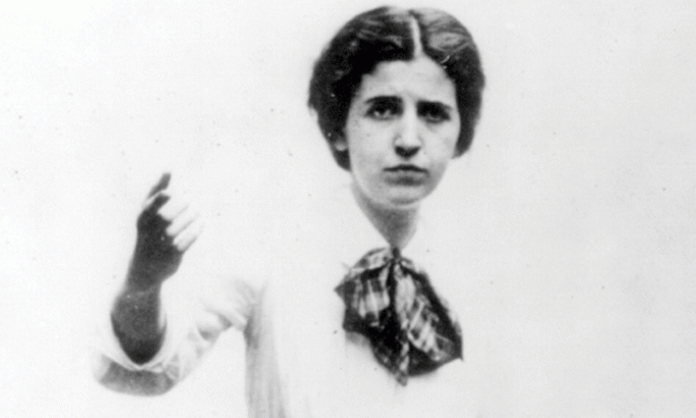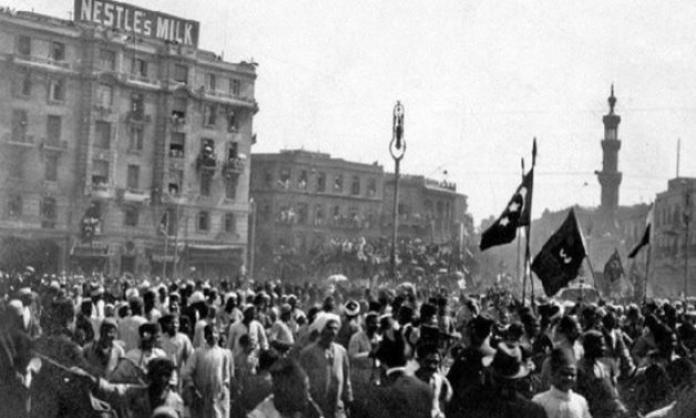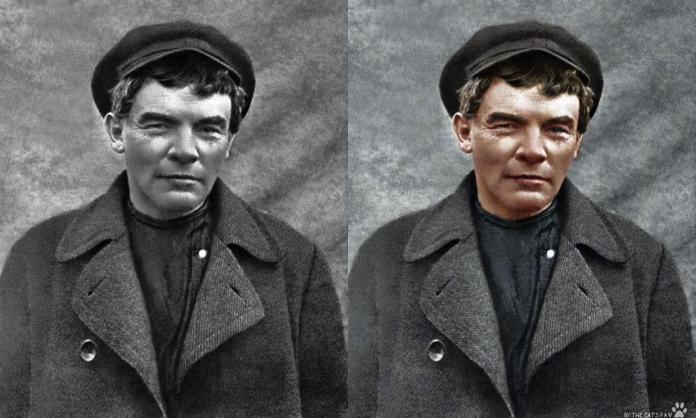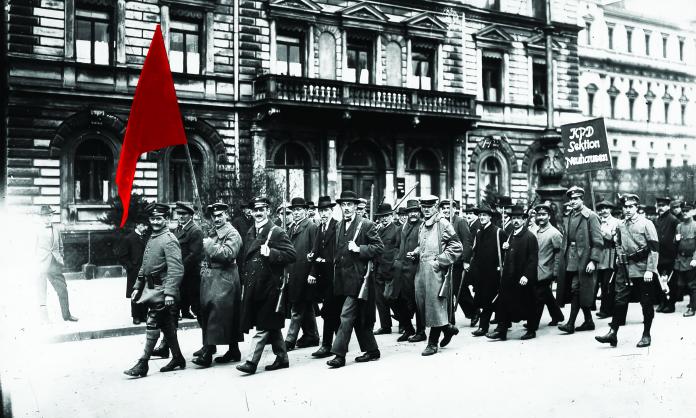“The train on which I write rushes by factories where murder instruments are made for gold. I would be ashamed to be patriotic of such a country. In the black smoke belched from their chimneys, I see the ghostly faces of dead workers – our poor, deluded slain brothers. I reaffirm my faith, ‘It is better to be a traitor to your country than a traitor to your class!’”
These incendiary words were written by US working class agitator Elizabeth Gurley Flynn in 1916. While many were falling prey to pro-war patriotism, Flynn stood firm in opposition. She lived through some of the most bloody and tumultuous periods of US history: both world wars and intense industrial battles.
Flynn was born to a working class Irish migrant family in New Hampshire in 1890. In search of work, the family shifted to the South Bronx in New York, where they became socialists. The young Elizabeth learned some important political lessons there.
At the age of 16 she gave her first speech, “What Socialism Will Do for Women”, at the Socialist Club in Harlem. The budding agitator was expelled from school for her troubles. Far from being deterred, Flynn became almost permanently affixed to a soapbox on street corners.
She became one of the most loved socialist speakers in Manhattan. She had so much flair that she came to the attention of a theatrical agent who wanted to make her a star. She rejected his offer, saying, “I am in the labour movement. I speak my own piece.”
Flynn broke the bounds of local politics, joined the Industrial Workers of the World and at 17 became one of their organisers. She toured mines, mills and factories, attempting to recruit workers to revolutionary trade unionism.
The IWW became a nationwide sensation. Their iconoclasm and class against class message drew thousands behind their banner.
A systematic campaign of state repression began. In 1908 in Spokane, Washington, the IWW took it head on. Flynn and others organised a free speech fight that involved mass civil disobedience. IWW agitators would stand in line on street corners, get up on soapboxes and begin agitating.
The police would invariably come and begin arrests. But every time one agitator was arrested another would step up and take their place. In the end, the local prisons were overflowing and local sentiment swung behind the union.
Direct action won the day and the right to public agitation. Despite being heavily pregnant, Flynn led the battle and was arrested a number of times. She had the child, but refused to “settle down” with her husband, telling him that she preferred the IWW and “I don’t love you any more, besides you bore me.” She was 19.
In 1912 Flynn became a central participant in the “bread and roses” strike of predominantly women and immigrant textile workers in Lawrence, Massachusetts. The strike against a pay cut organised more than 20,000 workers and lasted over two months. Journalist John Reed described Flynn’s participation:
“Speaking, sitting with the strike committee, going to visit the prisoners in jail, and endlessly raising money, taking trains only to run back to the mills. The striking women would wait around for a word with her. In the midst of this excitement Elizabeth moved calm and tranquil.”
Despite great privation, the strike was successful. The IWW sought to replicate its success among garment workers in Pennsylvania and silk weavers in New Jersey. Unfortunately not all these battles ended in victory.
Under the pressure of savage state repression, the IWW rapidly declined, and Flynn fell into inactivity for 10 years, until she joined the Communist Party in 1936.
She wrote regularly for its newspaper and continued to agitate against the political persecution of unionists. In 1951, during the McCarthyist witch-hunts, Flynn was arrested and jailed for two years.
She died in 1964 in the midst of a burgeoning civil rights struggle in the South of the US. One of Flynn’s last speeches was dedicated to those African Americans risking their lives for a better world. She remained on the side of the oppressed, exploited, marginal and defiant till her last breath.










